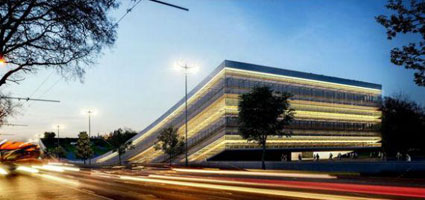2026. February 13. Friday
Museum of Ethnography - Budapest
 |
Address: 1146, Budapest Dózsa György út - Ötvenhatosok tere
Phone number: (1) 473-2400
E-mail: info@neprajz.hu
Opening hours: Tue-Sun 10-18
|
The Museum of Ethnography is one of the oldest institutions in Hungary. It was founded as a subdivision of the Hungarian National Museum in 1872. Its first collection was the East Asian collection of János Xantus. From the 1890s the attention began to focus on the disappearing values of the Hungarian culture and that of our neighbors, relatives, and other continents.
